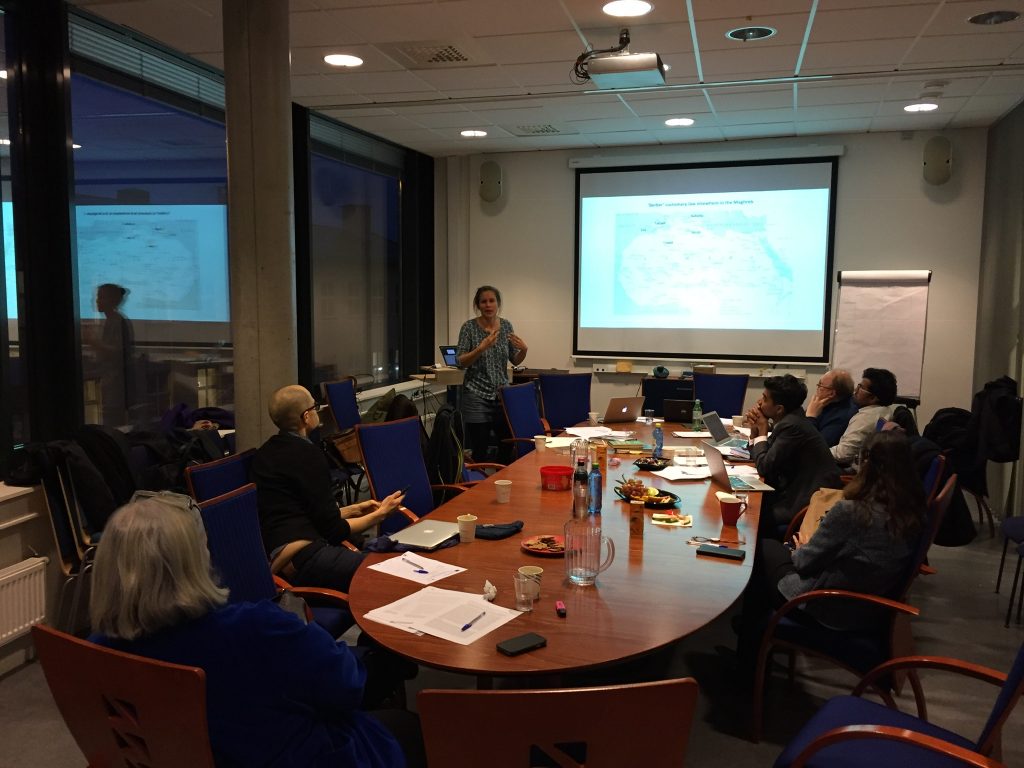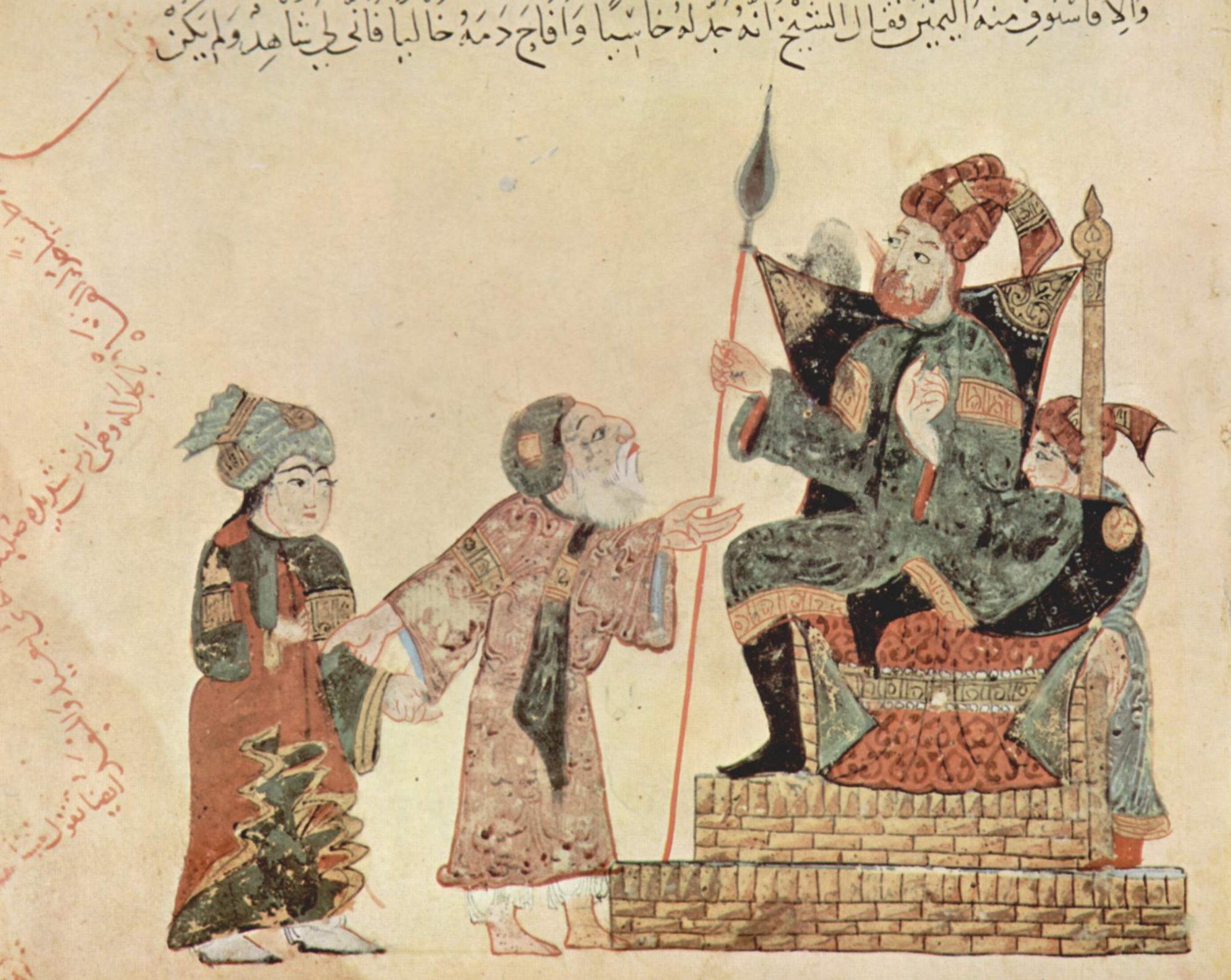Canonization of pre-modern Islamic law can refer to the formation of new criteria of interpretation as well as formation textual canons of normative source texts or collections of rules. Somewhat less explored is canonization processes during transition to modernity and the notion of pre-modern codification. Codification of Islamic law is often seen as a term and concept reserved for cases where the modern state take a direct role in formulating the law.
In this workshop we wanted to explore how various actors, elites and Muslim legal scholar in late pre-modern times also appealed to the notion of a code-like law, in line with certain exceptions of quality and free of ambiguity and contradiction. We also wanted to explore the “open space” between the analytical terms “codification” and “canonization”.
Most of the presentations dealt with contextualized cases of how Islamic law had been canonized or codified in specific instances, regions and periods. During the workshop we had much time for discussion of concepts. There were still disagreements to what extent the term “codification” fits to processes of defining pre-modern Islamic law, however, there was a strong concensus that the phenomena related to this problem field need to be addressed, explored and elaborated further. All the participants agreed to continue with this process and to be part of a theme issue addressing this. We will update as this develops!

